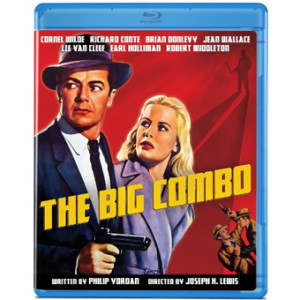Today marks the one-month anniversary for me being represented a literary agency. While no sales occurred in that month, nor were they expected, it has turned my eyes towards the future and what it means for me.
I often spout politics on this blog and now I may actually have some sort of literary presence that those political rants could affect.
Authors I know seem to be of several minds on the intersection of politics and their writing careers. Some take the approach that their author-selves should remain utterly apolitical. Take no stands, express no over political opinion, and remain as neutral as possible. Facebook and social media are for self-promotion, jokes, and cat videos. I see nothing wrong with that position, but I think I would have a difficult time maintaining that line.
Other authors fly their political flags at every parade, Nearly every issue must be commented one, positions must be debated, and guidance given to all. The thought of such constant debate I find terribly weary. While I often comment on politics here, there are many many political thoughts and positions I don’t bother to place formally on-line. I’ll leave that to those for whom politics is a passion and not a pastime.
I think I will continue with the occasional political post. I could not silence myself on some matters and remains true to who I am. It would feel deceitful. Anyway, I think much of an author’s political views are there for the uncovering in their fiction, particularly in genre fiction. World-building, as SF and Fantasy require, is inherently a political act. The author is constructing a world that he or she believes is plausible and in doing so they tip their hand in what they think works and does not work. This applies to me as well as any other author. I think if you look closely you can see the general shape of my philosophies hiding amongst my prose.

